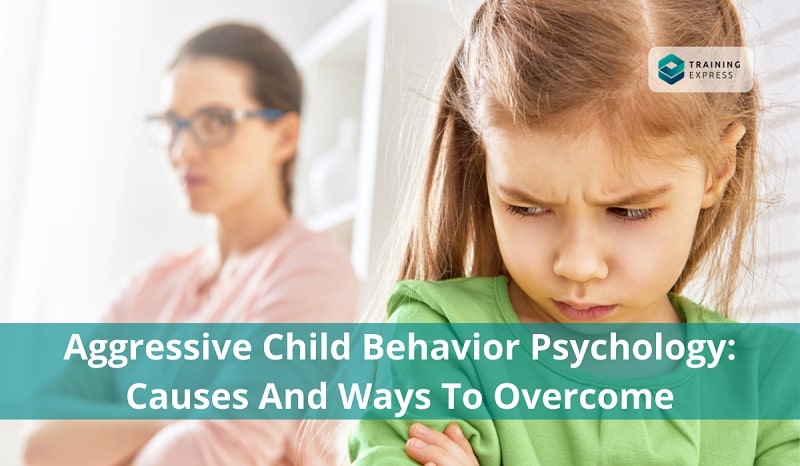Passive-aggressive kids find it difficult to communicate or express emotions. So, when they feel anger and other challenging emotions, they shut themselves out and resist. Thus, passive-aggressive behaviour is a deliberate and masked way of expressing feelings of anger.
One of the leading behavioural traits of passive aggression in kids is finding solace in defying every adult in their lives. So when your child acts aggressively, it’s critical to talk to them about it because you must nip such behaviour in the bud.
Let them know the consequences of their behaviour in a calm and composed manner. As a result, your child can learn to respond to frustration and other significant feelings more appropriately.
Here are a few strategies that you can take up to deal with your child’s passive-aggressive behaviour:
1. Set Time Limits & Make Them Aware Of The Consequences
2. Reward Good behaviour
3. Avoid Enforcing Aggressive behaviour
Set Time Limits & Make Them Aware Of The Consequences
Talk to your child when things go well. Calmly tell them what you see going on. Let them know if they do not try enough or do not do enough to pull themselves. Consequently, tell them what will happen if they don’t try to improve themselves.


